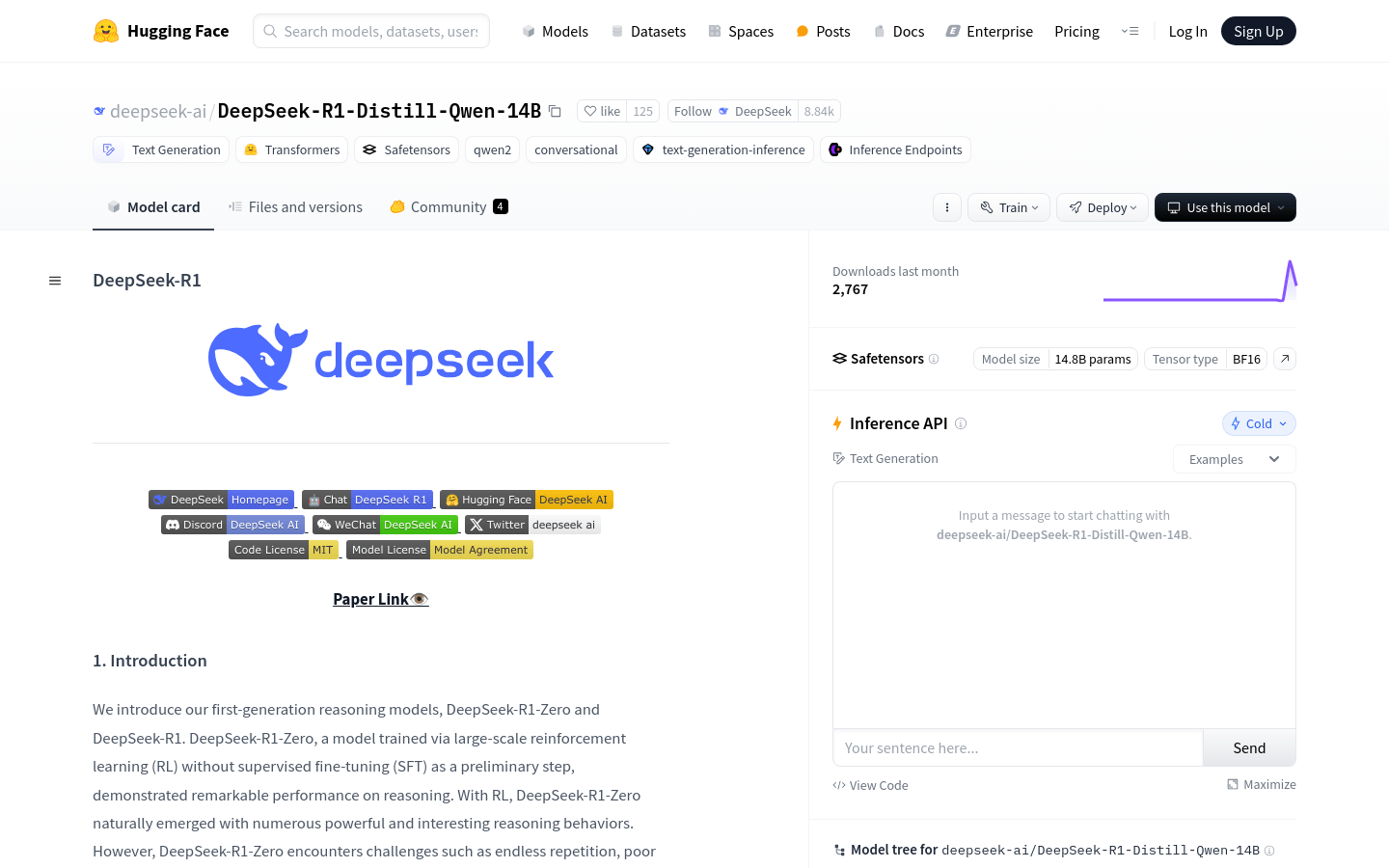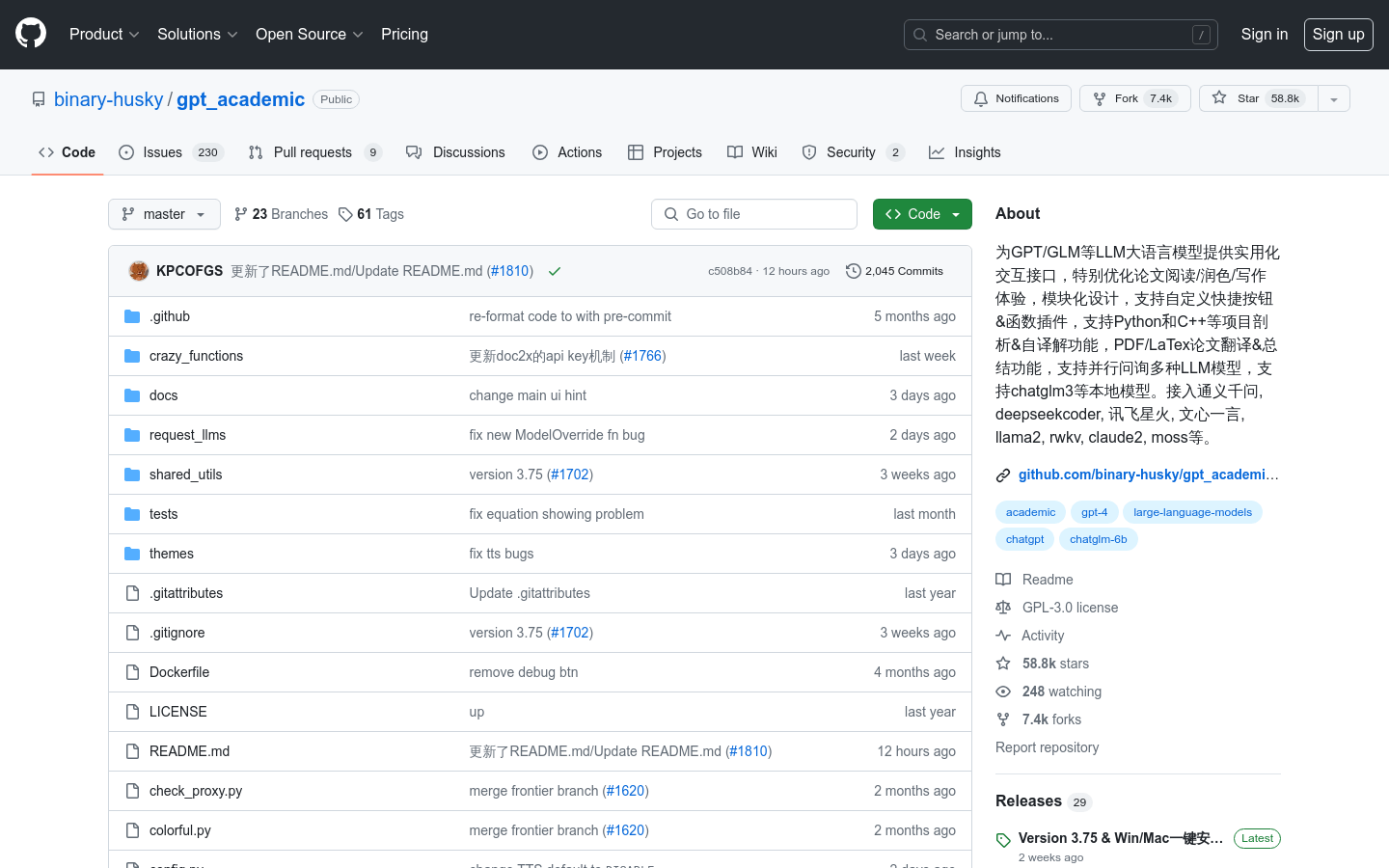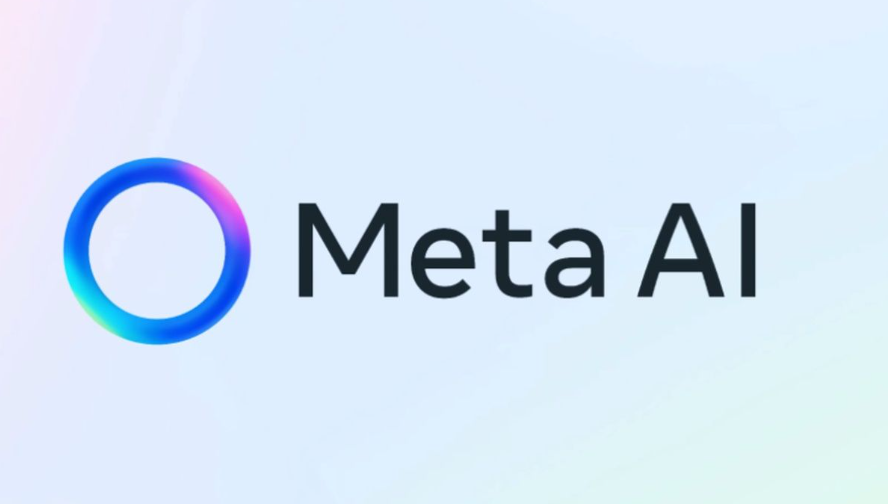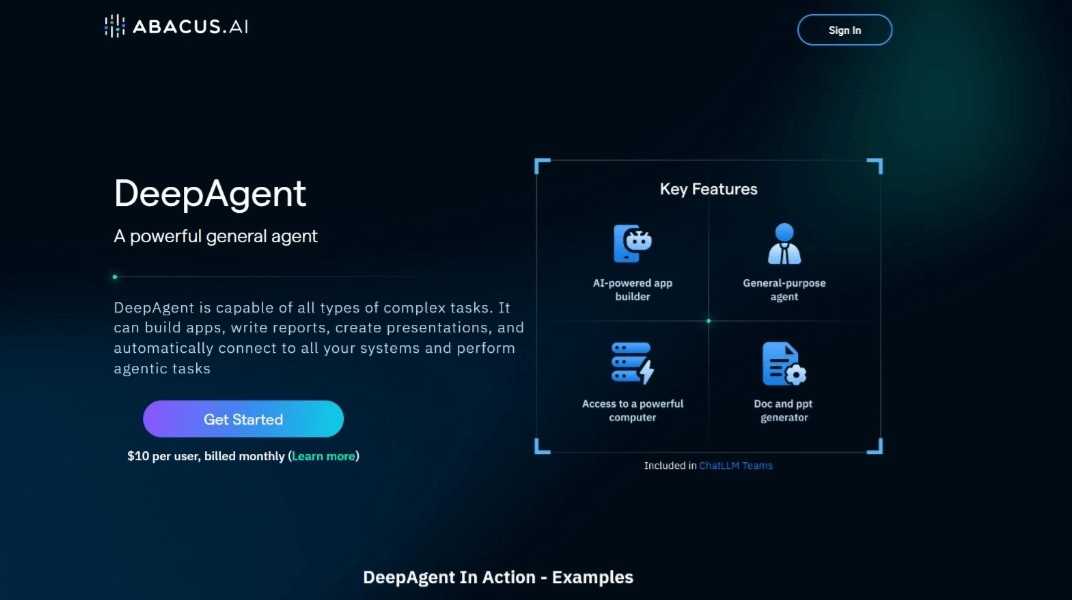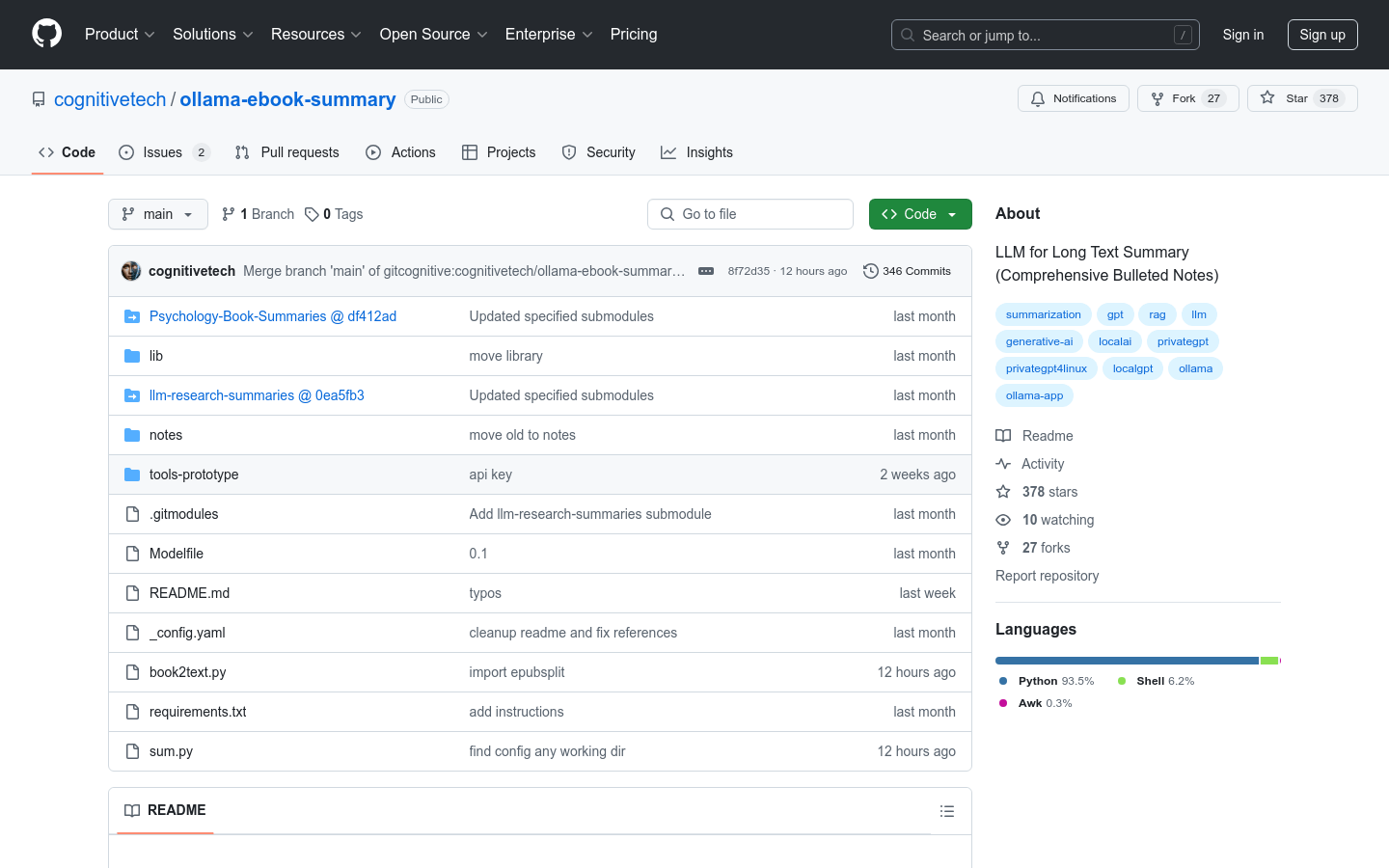
ollama-ebook-summary is a project that leverages large language models (LLM) to create bullet point note summaries for long texts. This project is particularly suitable for books in epub and pdf formats, and is able to automatically extract chapters and split them into small chunks of about 2000 tokens to increase the granularity of the response. The context for the product was that the creators wanted to quickly summarize a series of books to integrate psychological theory and practice and build a coherent argument based on this information. Key benefits of this tool include improved content combing efficiency, support for custom question queries, and generation of detailed summaries of each text section.
Demand group:
"The target audience is users who need to process large amounts of textual information, such as writers, researchers, students or any professional who needs to quickly extract information from long texts. This tool is suitable for them as it can significantly reduce the manual summarization of books and long texts time and improve work efficiency."
Example of usage scenario:
Researchers use the tool to quickly summarize psychology books, integrating theoretical and experimental results from different books.
Students prepare for exams by using the tool to extract key events and dates from long historical documents.
Writers use this tool to extract core ideas from their longer works and build book outlines.
Product features:
Automatically extract book chapters and split them into small chunks: Able to handle epub and pdf formats, automatically extract chapters and split them into easy-to-process chunks.
Generate bullet point summary: Generate bullet points for each block of text, including bolded titles and terms.
Supports custom question queries: users can ask questions about each part of the text to obtain more specific information.
Supports the use of multiple models: including models provided by Ollama and HuggingFace, users can choose the appropriate model according to their needs.
Output formatted text: Supports output in CSV or Markdown format to facilitate further processing and viewing by users.
Supports long text processing: It is especially suitable for long texts, such as e-books, and can process large amounts of text and generate summaries.
Custom configuration file: Users can update the configuration file as needed to suit different summary needs.
Usage tutorial:
1. Make sure the Python 3.11.9 environment is installed.
2. Install project dependencies through the command `pip install -r requirements.txt`.
3. Download and set up the required model, using Ollama or HuggingFace.
4. Update the configuration file `_config.yaml` and set the default prompt and model.
5. Use the script `python3 book2text.py ebook-name.epub` to convert the e-book into chunked CSV or TXT files.
6. Run `python3 sum.py -c ebook-name_processed.csv` to generate the summary.
7. View the generated Markdown or CSV file to get a summary of the key points of the book.


